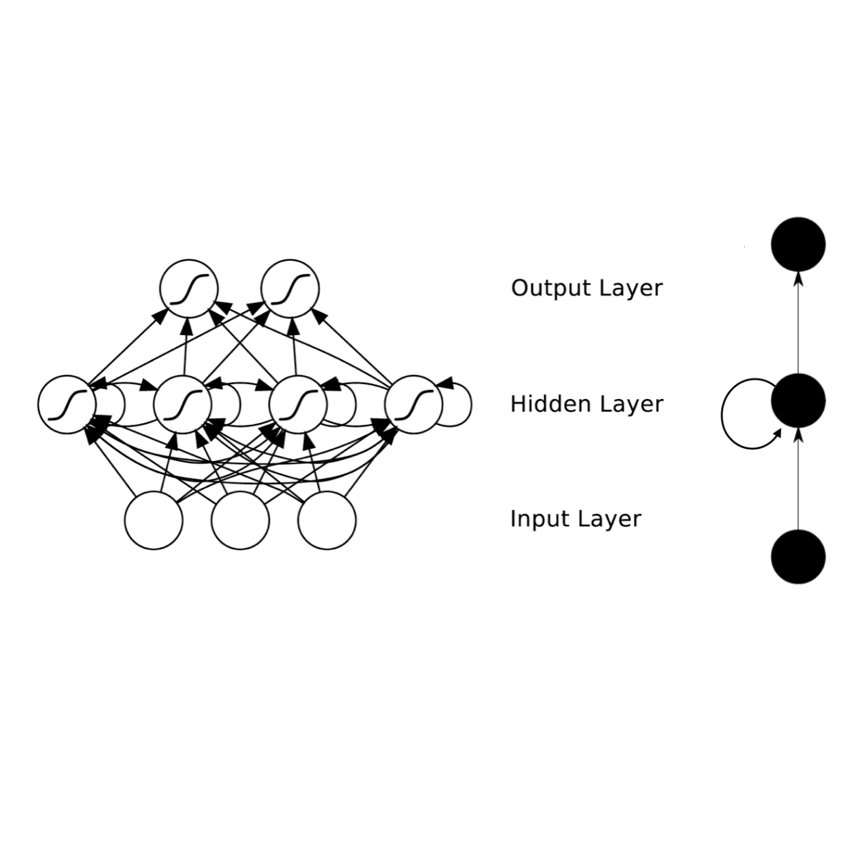Continuous-time models such as Neural ODEs and Neural Flows have shown promising results in analyzing irregularly sampled time series frequently encountered in electronic health records. Based on these models, time series are typically processed with a hybrid of an initial value problem (IVP) solver and a recurrent neural network within the variational autoencoder architecture. Sequentially solving IVPs makes such models computationally less efficient. In this paper, we propose to model time series purely with continuous processes whose state evolution can be approximated directly by IVPs. This eliminates the need for recurrent computation and enables multiple states to evolve in parallel. We further fuse the encoder and decoder with one IVP solver based on its invertibility, which leads to fewer parameters and faster convergence. Experiments on three real-world datasets show that the proposed approach achieves comparable extrapolation and classification performance while gaining more than one order of magnitude speedup over other continuous-time counterparts.
翻译:暂无翻译




